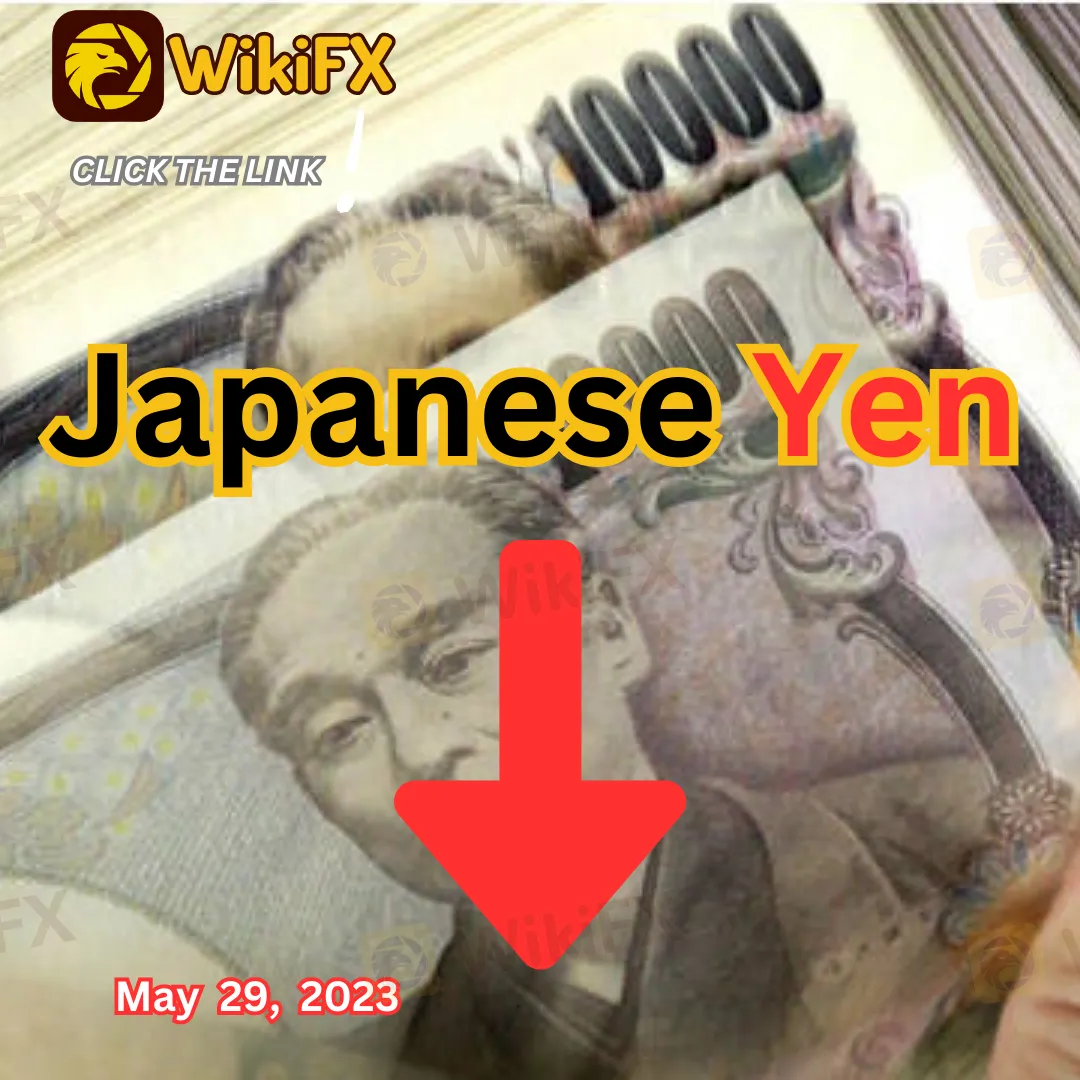简体中文
繁體中文
English
Pусский
日本語
ภาษาไทย
Tiếng Việt
Bahasa Indonesia
Español
हिन्दी
Filippiiniläinen
Français
Deutsch
Português
Türkçe
한국어
العربية
Why is the yen so weak?
Abstract:There are multiple factors contributing to the weakness of the JPY. 1- The Bank of Japan (BoJ) has consistently adopted a dovish stance, which has put downward pressure on the currency.
Why is the yen so weak?
The JPY's decline can be attributed to a number of factors. One, the yen has been depreciated because the Bank of Japan (BoJ) has maintained its dovish stance. Two, the JPY has been affected positively by the strong performance of the Nikkei, the Japanese stock market. Three, the JPY's weakness has been influenced by China's moderate economic recovery, which has centered on services and consumption rather than investment. In addition, investors now have a brighter outlook as fears about US regional banking have subsided. The JPY's decline has been exacerbated by investors' upbeat projections for the debt ceiling talks in the United States. One final factor weakening the JPY is the US economy's resilience in the face of Federal Reserve rate hikes.

Consistent dovishness from the Bank of Japan (BoJ) and the resilience of the Nikkei are seen as long-term headwinds for the JPY. A moderate economic recovery in China will also have an impact on the JPY's performance. As seen in December when the BoJ surprised the market, investors will continue to speculate on potential downside for USD/JPY during BoJ meetings, despite my expectation that the BoJ will maintain its dovish approach and refrain from making further adjustments to its Yield Curve Control (YCC) in 2023. For this reason, further appreciation of the USD/JPY exchange rate is unlikely.
As the Fed Funds rate peaks and a recession sets in for the US economy, the USD/JPY will come under selling pressure. There is little room for the JPY to fall due to this weakness, as the market has already priced in my expectation that the US debt ceiling issue will be resolved. However, the JPY could be significantly affected if US lawmakers bring the government to the verge of default and then reach a last-minute agreement to raise the debt ceiling. Furthermore, the persistently high US interest rates pose a risk of further troubles for regional banks, which may lead to a renewed demand for the JPY as a safe-haven currency.
However, the JPY's weakness in the second quarter has caught us by surprise. As a result, I am raising both of my USD/JPY projections: from 122 for the end of 2023 to 128 for the end of Q2 2019.
Disclaimer:
The views in this article only represent the author's personal views, and do not constitute investment advice on this platform. This platform does not guarantee the accuracy, completeness and timeliness of the information in the article, and will not be liable for any loss caused by the use of or reliance on the information in the article.
Read more

The Funded Trader: Reactivates Accounts with Revised Payout Structure
Proprietary trading firm The Funded Trader has detailed its financial recovery efforts following a turbulent period marked by an unsustainable payout model. Addressing these challenges publicly, the firm outlined the steps being taken to resolve outstanding obligations and ensure operational sustainability.

Doo Group Broadens Global Footprint with Indonesian Broker Acquisition
Doo Group has announced its acquisition of PT Prima Tangguharta Futures, a Jakarta-based broker specialising in online derivatives trading. This move represents a significant step in Doo Group's regional expansion strategy and reinforces its growing presence in Southeast Asia.

Why Is UK Inflation Rising Again Despite Recent Lows?
October inflation rises to 2.3%, driven by energy costs. Renters face 8% annual hikes, while house price inflation climbs. Interest rates stay elevated.

Webull Partners with Coinbase to Offer Crypto Futures
Webull partners with Coinbase Derivatives to offer crypto futures, providing US investors access to Bitcoin and Ethereum contracts with lower entry barriers.
WikiFX Broker
Latest News
WikiEXPO Global Expert Interview: The Future of Financial Regulation and Compliance
DFSA Warns of Fake Loan Approval Scam Using Its Logo
Consob Sounds Alarm: WhatsApp & Telegram Users Vulnerable to Investment Scams
CySEC Revokes UFX Broker Licence as Reliantco Halts Global Operations
GCash, Government to Launch GBonds for Easy Investments
eToro Expands Nationwide Access with New York Launch
Webull Partners with Coinbase to Offer Crypto Futures
Why Is UK Inflation Rising Again Despite Recent Lows?
Interactive Brokers Launches Tax-Friendly PEA Accounts in France
Find Regulated Brokers from A to Z on WikiFX
Currency Calculator


